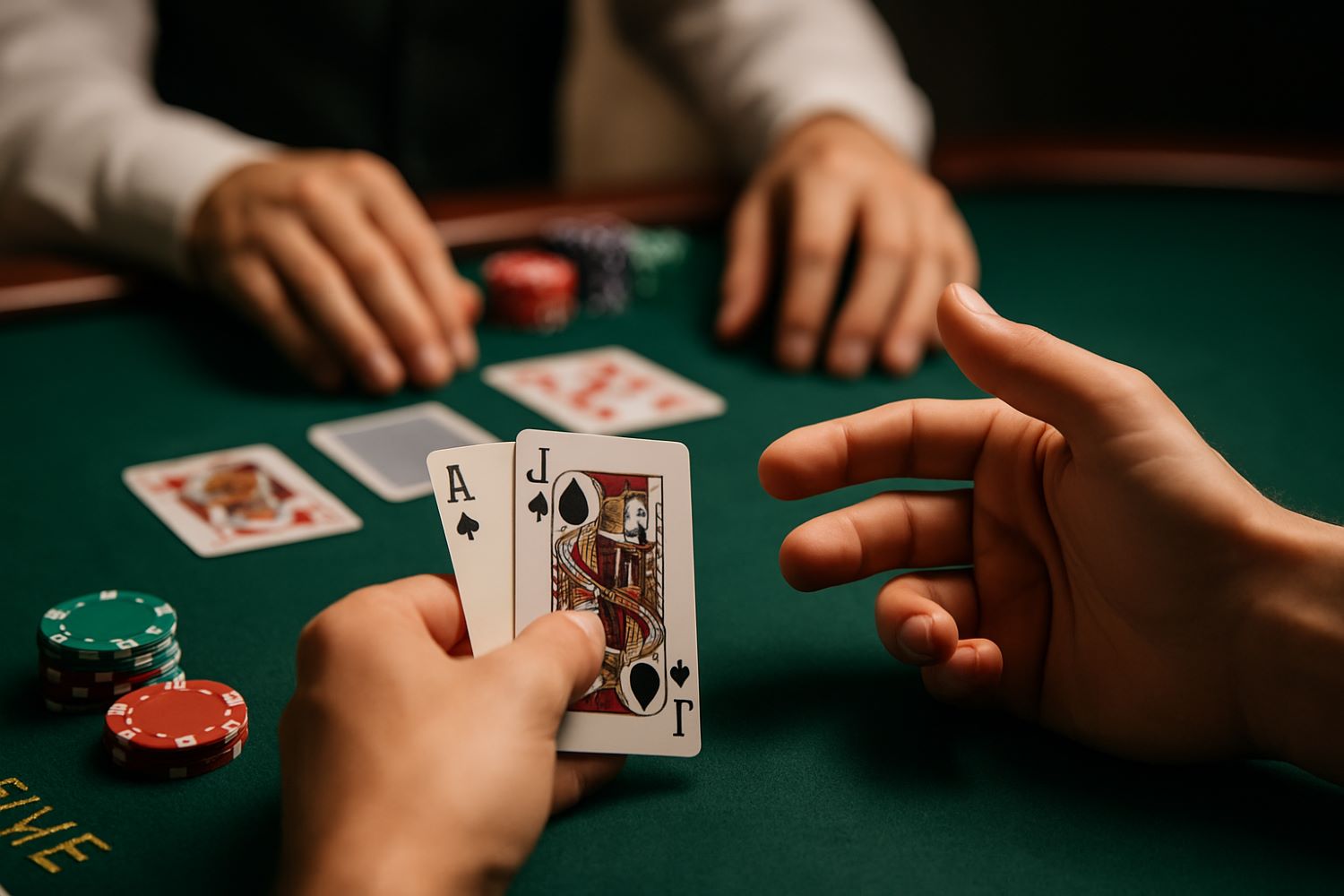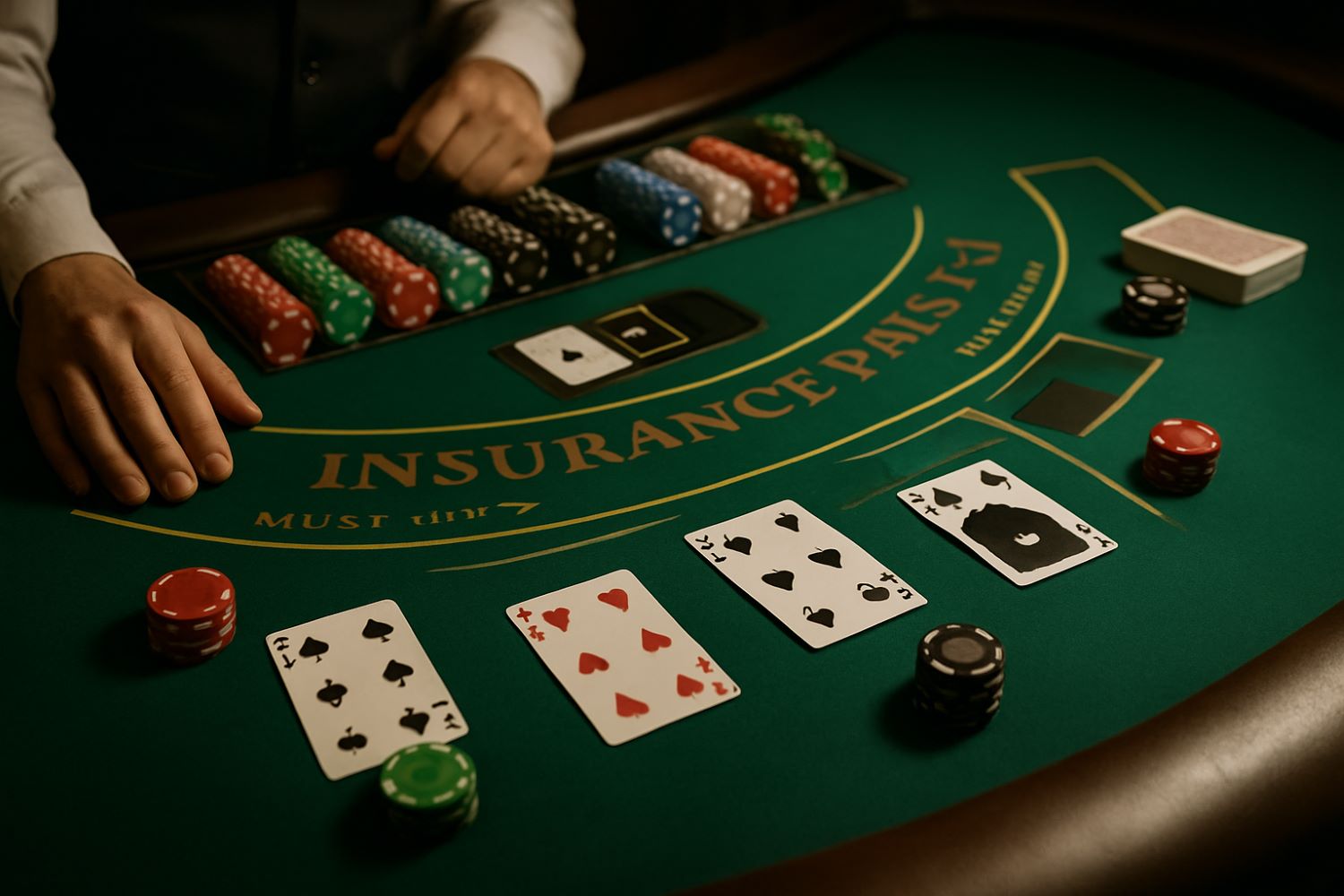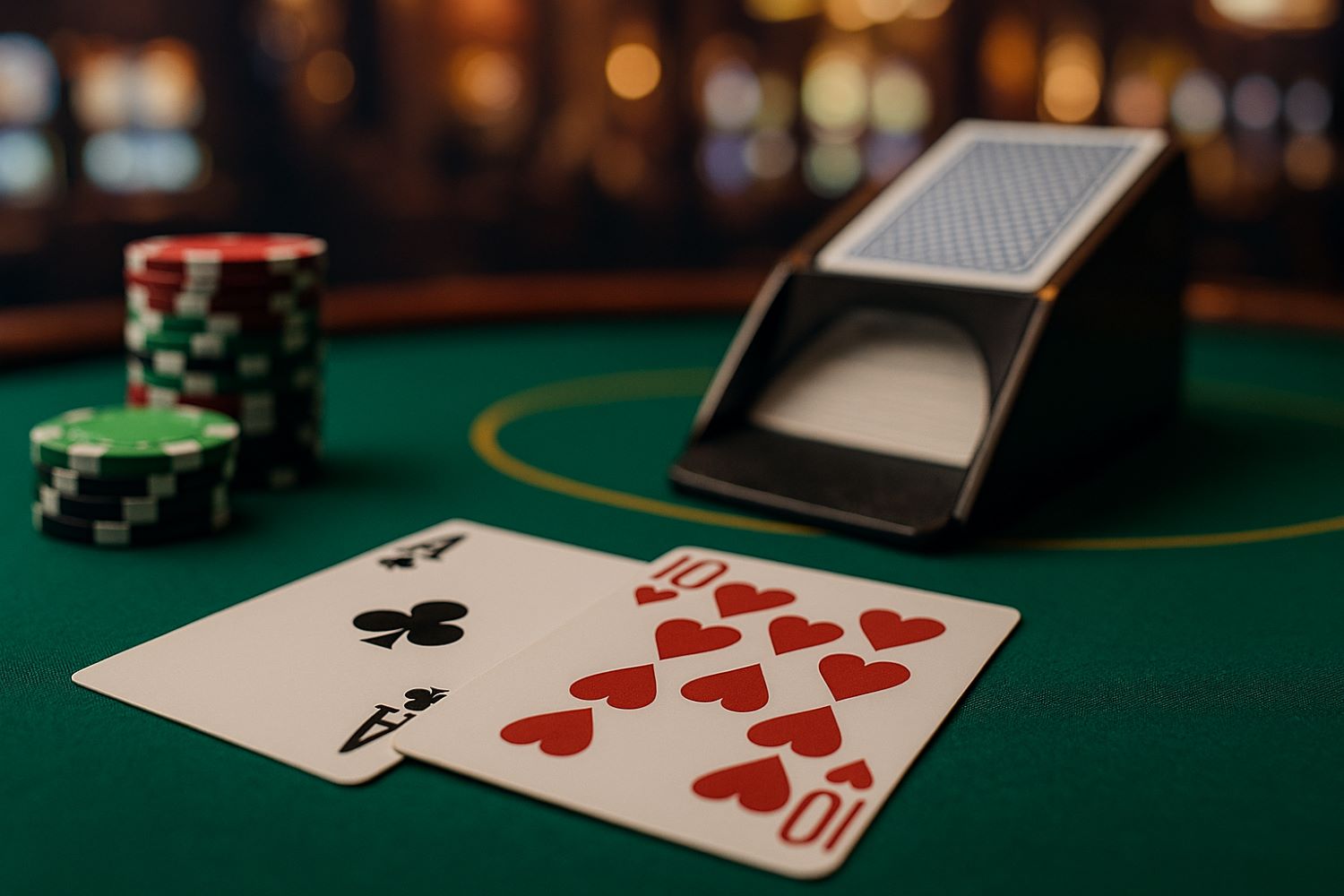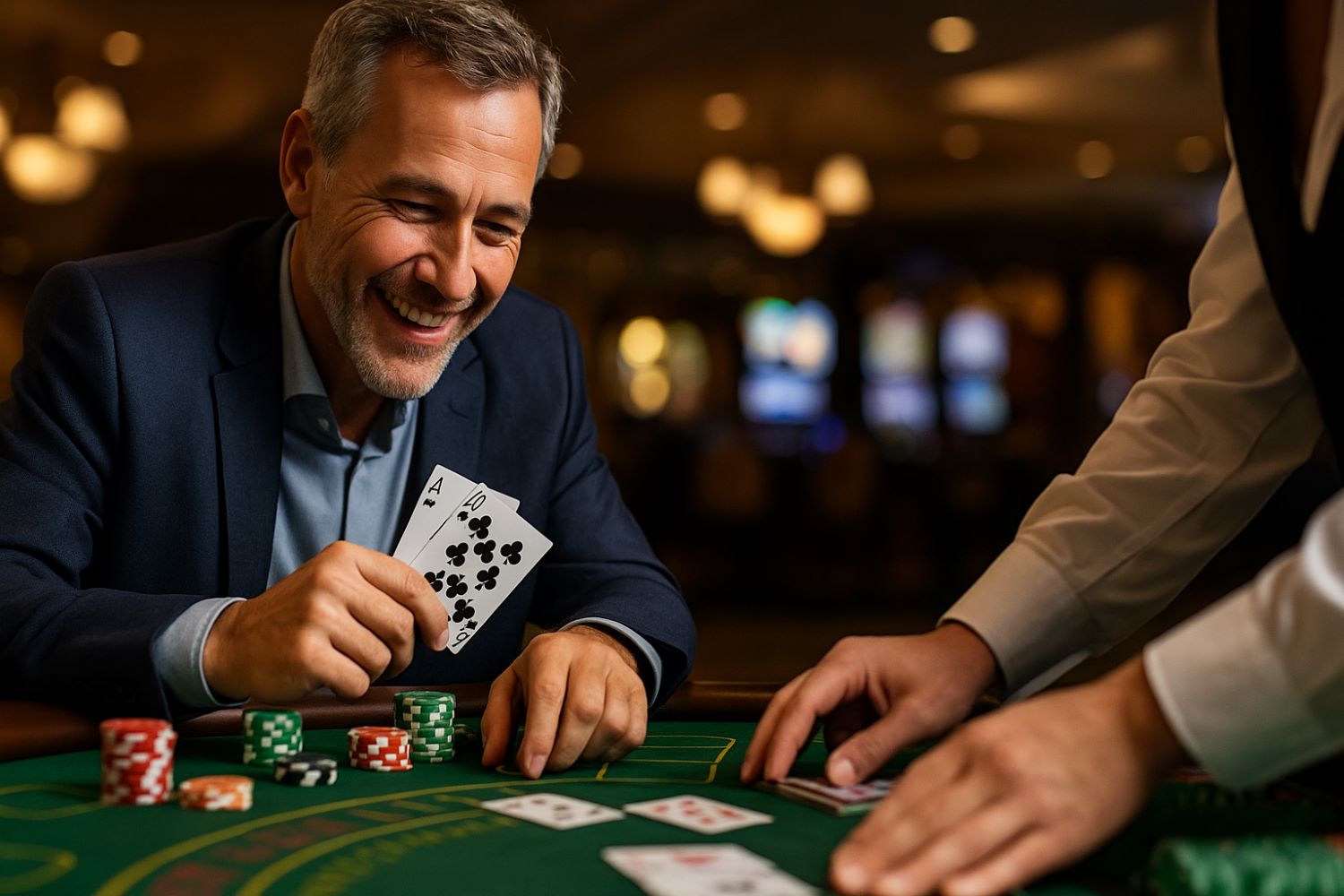Blackjack
Blackjack is a classic card game enjoyed by players around the world for its perfect blend of luck and skill. On this page, you’ll find comprehensive guides to blackjack rules, expert strategies, and practical tips to improve your game—whether you play online or at a live casino. From beginner basics to advanced card counting and game variations, our blackjack articles offer insights for every player looking to increase their chances of winning and get more from every hand.
-
Delve into the true nature of gambling, exploring the stark…
-
Learn the basics of blackjack, the rules, and a simple…
-
Find out if card counting works in blackjack, how it…
-
Uncover the smart habits and strategies real blackjack winners use.…




